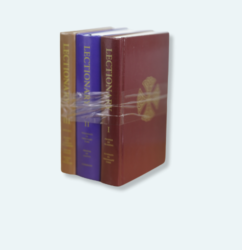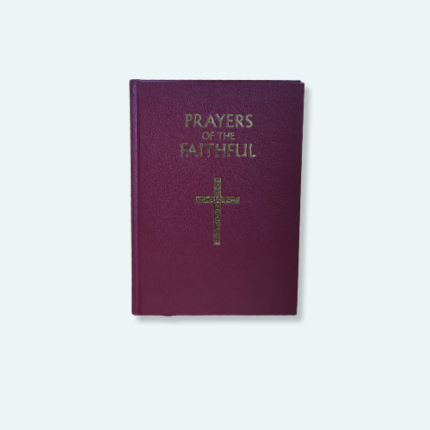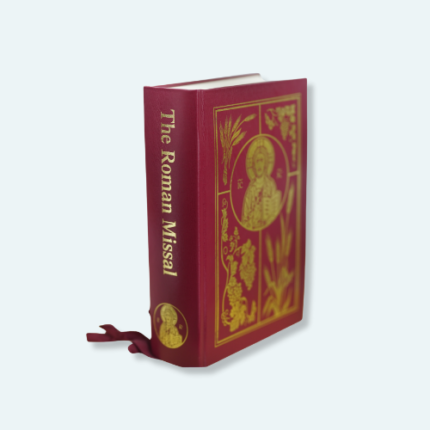Browse Categories
 Faith Books
Faith Books
 Liturgical Books
Liturgical Books
 Rosaries
Rosaries
SUMMER STYLE
-
 Henectus tincidunt
₦429.00
Henectus tincidunt
₦429.00
-
 Silver Plated Ciborium
₦195,000.00
Silver Plated Ciborium
₦195,000.00
-
 Preparation for Death : Prayers and Consolation for the Final Journey
Preparation for Death : Prayers and Consolation for the Final Journey
-
 Gold Ciborium
₦250,000.00
Gold Ciborium
₦250,000.00
-
 Chasubles
Chasubles
 Sacramentals
Sacramentals
 Sacred Vessels
Sacred Vessels
UPS SERVICE
Shipping & ReturnsSTORES
Find retail locationsFREE SHIPPING
For orders above €100
CUSTOMER CARE
For All Your Questions























